Lost Childhood and the Language of Exile invites the reader to enter a territory which is not only multilingual but multidimensional: defined and shaped by history, politics, economy, and sociocultural transformations. The contributions give important insights on the psychodynamic processes involved in working with, and being part of, exiled and immigrant populations.
The majority of the stories take as their base the upheaval caused by the Second World War but their stories are still, sadly, relevant today with the ongoing plight of refugees the world over. By presenting their experiences, the contributors provide a vital record of what it means to leave your homeland behind, to make a new life in a new land, and to live and work in a second tongue. The aim was and is to provide stimulus for further thinking and research. Two contributors, Ali Zarbafi and Shula Wilson, took up that challenge and we were delighted to publish their contribution to this debate in their edited work, Mother Tongue and Other Tongues: Narratives in Multilingual Psychotherapy (2021).


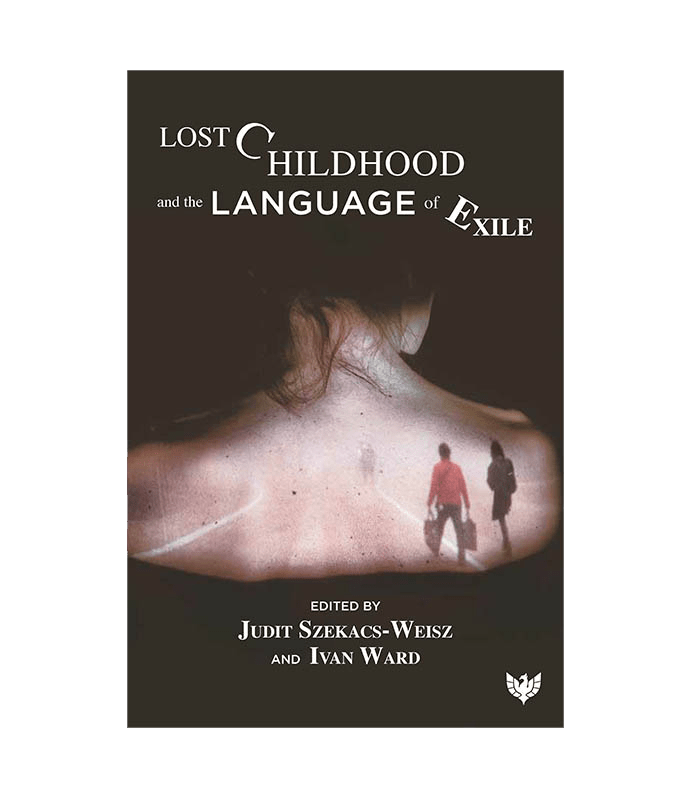
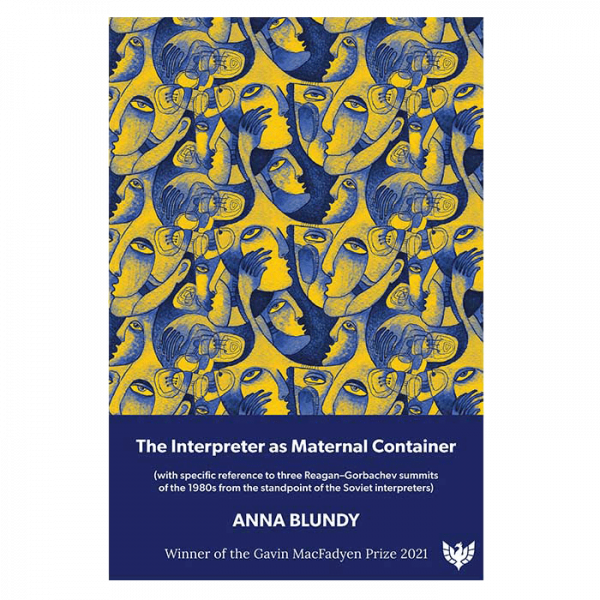
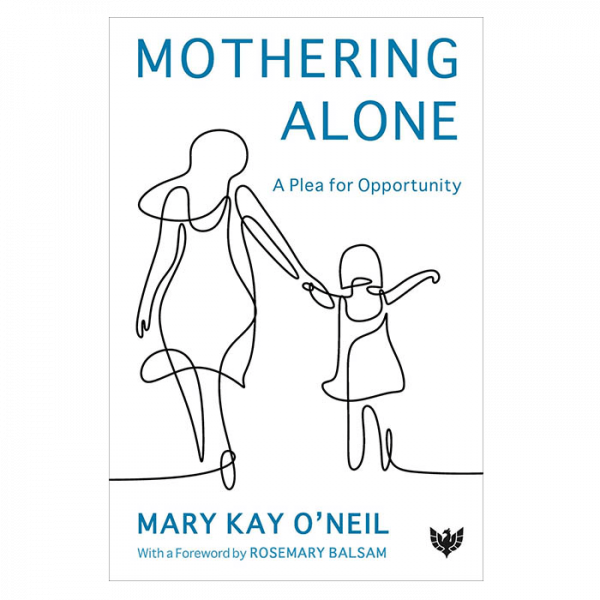
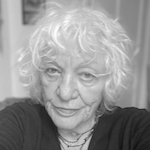
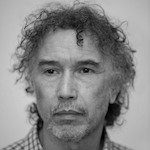
Christopher Bollas, author of ‘The Shadow of the Object’ –
‘This remarkable compendium on “loss” contains essays that are amongst the most moving and deeply reflective accounts of all the different types of loss we can undergo, whether it be the loss of one’s country, one’s mother tongue, or that loss we must all endure: the loss of our childhood. Although the book does contain essays that are for the specialist reader in psychoanalysis, its great merit resides in the diverse range of many poetically constructed essays and one hopes that Lost Childhood will reach readers outside the field of psychoanalysis as the editors have found writers for whom to write about loss is to bring out the very best in one’s reflections on life itself.’
Edith Kurzweil, writer and editor of ‘Partisan Review’ –
‘A collection of essential papers to be used as a tool not only by members of the helping professions working with people from cultures other than their own, but also by all those who need to come to grips with the multidimensional and multilingual experiences of individuals and groups in our increasingly global society – and with themselves.’
Raluca Soreanu, Director of Research, Department of Psychosocial and Psychoanalytic Studies, University of Essex –
‘Lost Childhood and the Language of Exile offers a psychoanalytic journey into experiences of dislocation across space and language, and a way of making sense of the creativities of these dislocations. For psychoanalysts, this collection of essays is an important exploration of the many forms of migration and loss that have marked the twentieth century and that are constitutive of psychoanalytic knowledge and practice. For cultural and literary theorists, it creates a new window into the experience of exile, by being curious about unconscious processes, traumatic loss, and ways of working-through traumas. One of the book’s vibrant themes is that of translation: what does it mean to be in-between languages and what are the psychic processes associated to this particular work in the in-between? Another key figure emerging from the book is that of the child. Here, childhood is not an age, but it stands for the possibility of a new kind of creative and plurilingual memory of exile.’